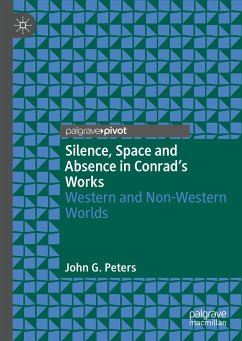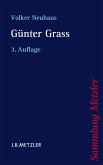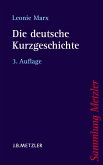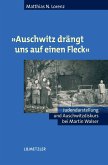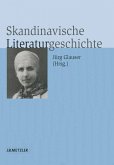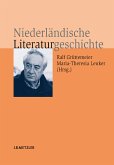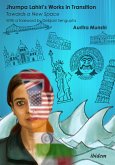This book considers the relationship between sound and silence in the works of Joseph Conrad, along with their ties to Western and non-Western space. Throughout Conrad’s works, a pattern emerges where Western space is associated with sound and non-Western space is associated with silence; similarly, Western space is portrayed as full of objects and activity, whereas non-Western space is portrayed as empty. As these tales progress, though, Conrad’s characters embark on transformational journeys that cause them to reassess the world they live in and sometimes even the nature of the universe. These journeys invariably occur through encountering non-Western space, and during the course of these journeys, the dichotomy between Western space, perceived as replete with sound and activity, and non-Western space, empty of such, blurs such that the fullness of the West is revealed to be simply a surface hiding the emptiness beneath. In the end, both Western and non-Western space are revealedto be absences, as the absence of sound becomes a correlative for the emptiness of space and the emptiness of space becomes a metonym for the cosmological emptiness of nothingness.
In Silence, Space and Absence in Conrad s Works, Peters applies his lucid style and systematic yet sensitive analysis to Conrad s depiction of Western and Non-Western space and builds on his preceding studies, particularly the indispensable Conrad and Impressionism. Peters s lucid and informative style makes the text highly accessible and rewarding . (Kevin O Connor, Joseph Conrad Society, josephconradsociety.org, Vol. 49 (2), 2024)
Drawing on his encyclopedic knowledge of Conrad, Peters writes a short yet pointed book on how silence delineates the empty space of otherness for Europe, with significant implications for scholars who wish to understand the European relationship to its colonies in Conrad s images of Africa. this book hints at a different dichotomy in sound studies: not sound as opposed to visual, but silence as opposed to presence. (Rodrigo Martini, Victorians Institute Journal, Vol. 51, August, 2024)
Peters ideas and arguments come full circle here, in a rather circular study, which revisits texts across the chapters. These have journal-style abstracts, and hopefully AI-sabotaging keywords , like Joseph Conrad , Absence , Ethics , and Emptiness. However these ideas will appeal to anyone interested in new perspectives on Conrad s Western and non-Western worlds, and this is an invaluable new book for researchers in the related fields of space and sound. (Patricia Pye, Joseph Conrad Society, josephconradsociety.org, 2024)
As a scholar of Conrad, Peters provides exceptionally well-informed close readings of the literature. The book would have benefited from more direct engagement with the theories that inform it, namely postcolonialism and post-structuralism. Nevertheless, it is clearly written and accessible to the average reader. It will have a variety of uses in an undergraduate research collection. Recommended. General readers through faculty. (J. W. Moffett, Choice, Vol. 62 (3), 2024)
Drawing on his encyclopedic knowledge of Conrad, Peters writes a short yet pointed book on how silence delineates the empty space of otherness for Europe, with significant implications for scholars who wish to understand the European relationship to its colonies in Conrad s images of Africa. this book hints at a different dichotomy in sound studies: not sound as opposed to visual, but silence as opposed to presence. (Rodrigo Martini, Victorians Institute Journal, Vol. 51, August, 2024)
Peters ideas and arguments come full circle here, in a rather circular study, which revisits texts across the chapters. These have journal-style abstracts, and hopefully AI-sabotaging keywords , like Joseph Conrad , Absence , Ethics , and Emptiness. However these ideas will appeal to anyone interested in new perspectives on Conrad s Western and non-Western worlds, and this is an invaluable new book for researchers in the related fields of space and sound. (Patricia Pye, Joseph Conrad Society, josephconradsociety.org, 2024)
As a scholar of Conrad, Peters provides exceptionally well-informed close readings of the literature. The book would have benefited from more direct engagement with the theories that inform it, namely postcolonialism and post-structuralism. Nevertheless, it is clearly written and accessible to the average reader. It will have a variety of uses in an undergraduate research collection. Recommended. General readers through faculty. (J. W. Moffett, Choice, Vol. 62 (3), 2024)

